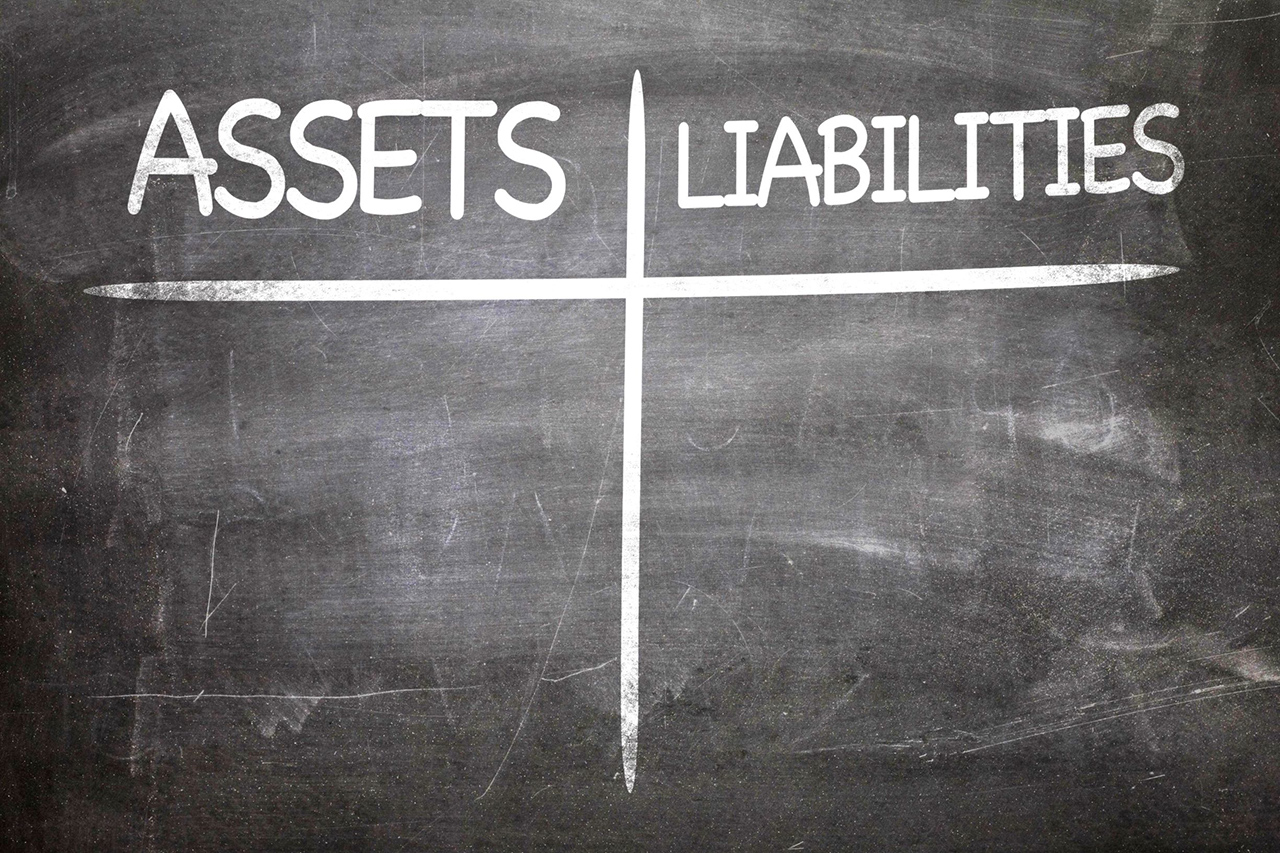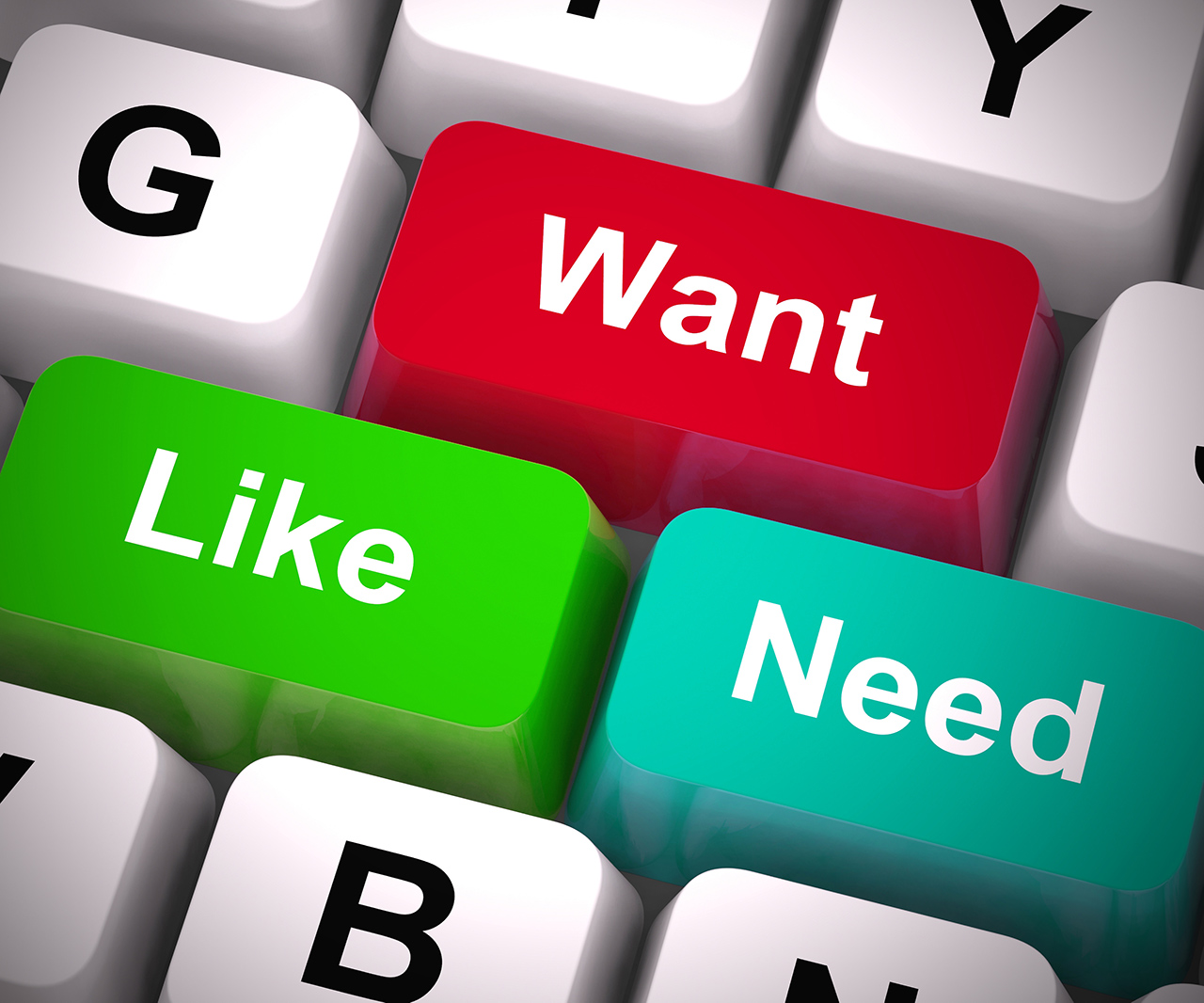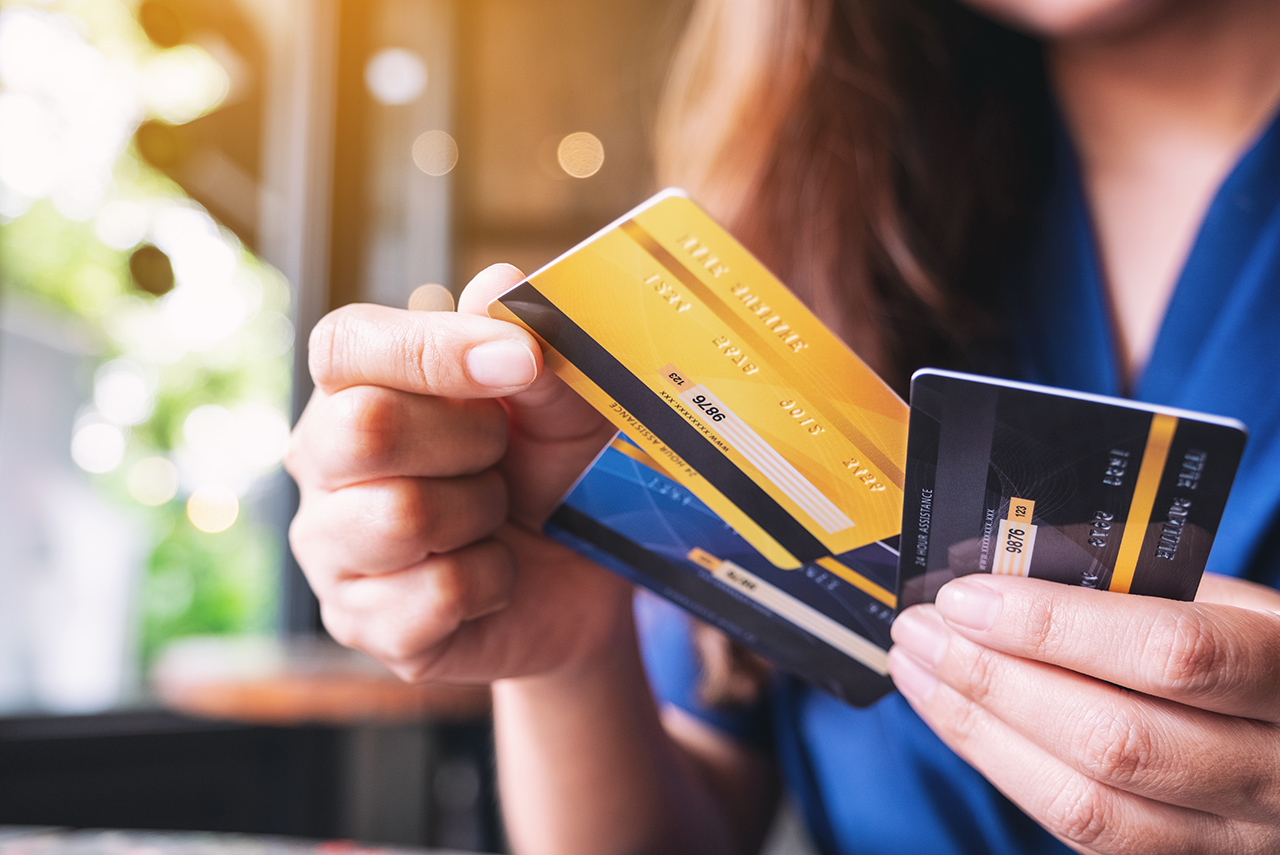
Manage Money
If you want to improve your financial health, the first step is to know where you are today. This includes calculating your net worth, what you spend and what you owe.
Your net worth
To start the process, simply list the asset you own and their approximate value i.e. home, car, shares, superannuation, savings.
Then list your liabilities, that is the money you owe others. This would include your mortgage, loans, credit cards and buy now pay later services as well as HECS debts.


Spending priorities and tracking
Here comes the first real challenge, reviewing what comes in and where the money goes. Historically people have used manual processes, however with money so easy to spend today via tap and go, it's best to use technology to save time.
- What do I earn – what is the total of all money coming in either from your job or investments?
- What do I spend – reviewing your spending over the last three months will typically provide a good indication of your average spending habits as well as your quarterly bills like electricity, water and rates.
- Where does it go – break your spending into high level categories like must haves (50%), wants – the fun stuff (30%) and savings and extra debt repayments (20%).
- Spending priorities – the word "budget" usually has negative connotations as it equates to spending less money. Yes, it costs to live, but let us focus on spending on those items that give us joy and less on those that do not i.e. insurance and power bills.
- Tracking – create a new habit to review where your money goes at least once a month or even just 15 mins a week will highlight if you are on track or need a spending adjustment in the weeks ahead.
Current debt levels
We listed all of our liabilities when determining our net worth, now to see what they really cost us. From the list, look at the interest and fee costs and develop a plan to pay them out.
Psychologists say that we should focus on paying out the small debts first as it will give you the satisfaction of achieving a goal and build momentum. Others pay those with the higher interest rates first.
Either way, create a plan, allocate some your 20% and pay down that debt as quickly as possible by focusing on the toxic debt such as the credit cards and payday loans that attract a higher interest rate.

